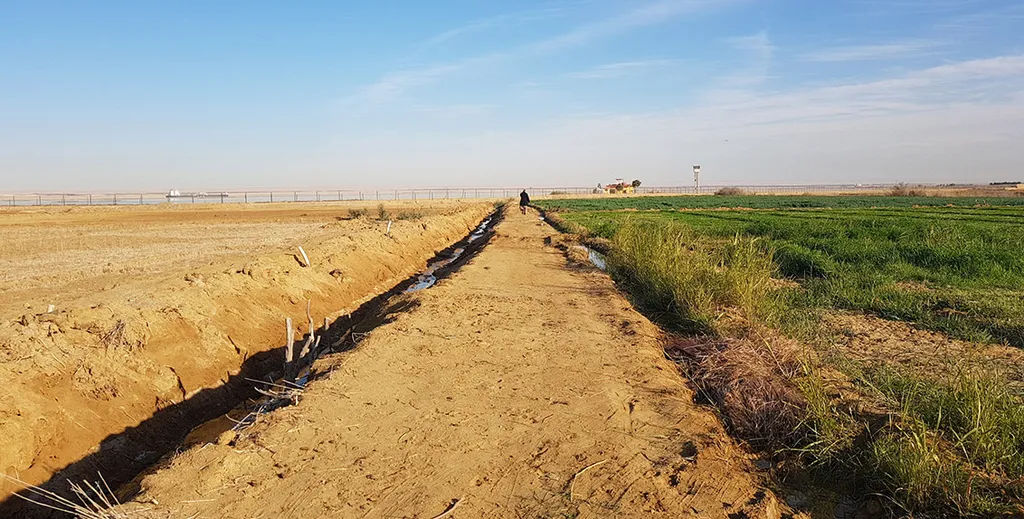In the heart of Egypt’s Kafr El-Sheikh, a groundbreaking study is reshaping our understanding of sustainable agriculture in saline soils. Dr. Tarek Alshaal, a researcher at the Institute of Applied Plant Biology, Faculty of Agricultural and Food Sciences and Environmental Management, University of Debrecen, Hungary, has been exploring innovative ways to boost crop productivity in challenging environments. His recent work, published in the journal ‘Plants’ (which translates to ‘Növények’ in Hungarian), focuses on the synergistic effects of biofertilizers and organic amendments on Allium crops like onion and garlic.
Soil salinity is a global issue, affecting over 20% of irrigated lands and causing significant yield losses. In Egypt, where agriculture is a cornerstone of the economy, this problem is particularly acute. “Saline soils disrupt the delicate balance of the rhizosphere, impairing root-microbe interactions and nutrient uptake,” explains Dr. Alshaal. His research aims to mitigate these effects through a combination of plant growth-promoting rhizobacteria (PGPR) and organic manures.
The study evaluated five different treatments, with the most promising results emerging from a combination of biofertilizers (Azotobacter chroococcum and Azospirillum lipoferum) and organic amendments (sewage sludge and poultry manure). This treatment, labeled T4, showed a remarkable improvement in soil health and plant growth. “We observed a 30-40% increase in microbial biomass carbon and a 25-35% boost in dehydrogenase activity,” Dr. Alshaal notes. These improvements translated into enhanced nutrient availability, better plant growth, and significantly higher yields.
The commercial implications of this research are substantial. For the energy sector, which often relies on large-scale agricultural operations for biofuel production, these findings could open up new possibilities for cultivating crops in previously unproductive saline soils. “This approach not only improves crop productivity but also enhances soil fertility sustainably,” says Dr. Alshaal. “It’s a win-win situation for both farmers and the environment.”
The study also highlights the potential for reducing dependence on inorganic fertilizers, which are both environmentally damaging and economically costly. By leveraging the power of biofertilizers and organic amendments, farmers can achieve comparable or even superior results while minimizing their environmental footprint.
Looking ahead, Dr. Alshaal’s research could pave the way for similar studies in other regions facing soil salinity issues. “The principles we’ve demonstrated here can be applied to various crops and environments,” he suggests. “This is just the beginning of a more sustainable and productive future for agriculture.”
As the world grapples with the challenges of climate change and food security, innovations like these offer a beacon of hope. By harnessing the natural synergies between plants, microbes, and organic matter, we can cultivate a more resilient and productive agricultural landscape. Dr. Alshaal’s work is a testament to the power of interdisciplinary research and the potential for science to drive meaningful change in the world.

